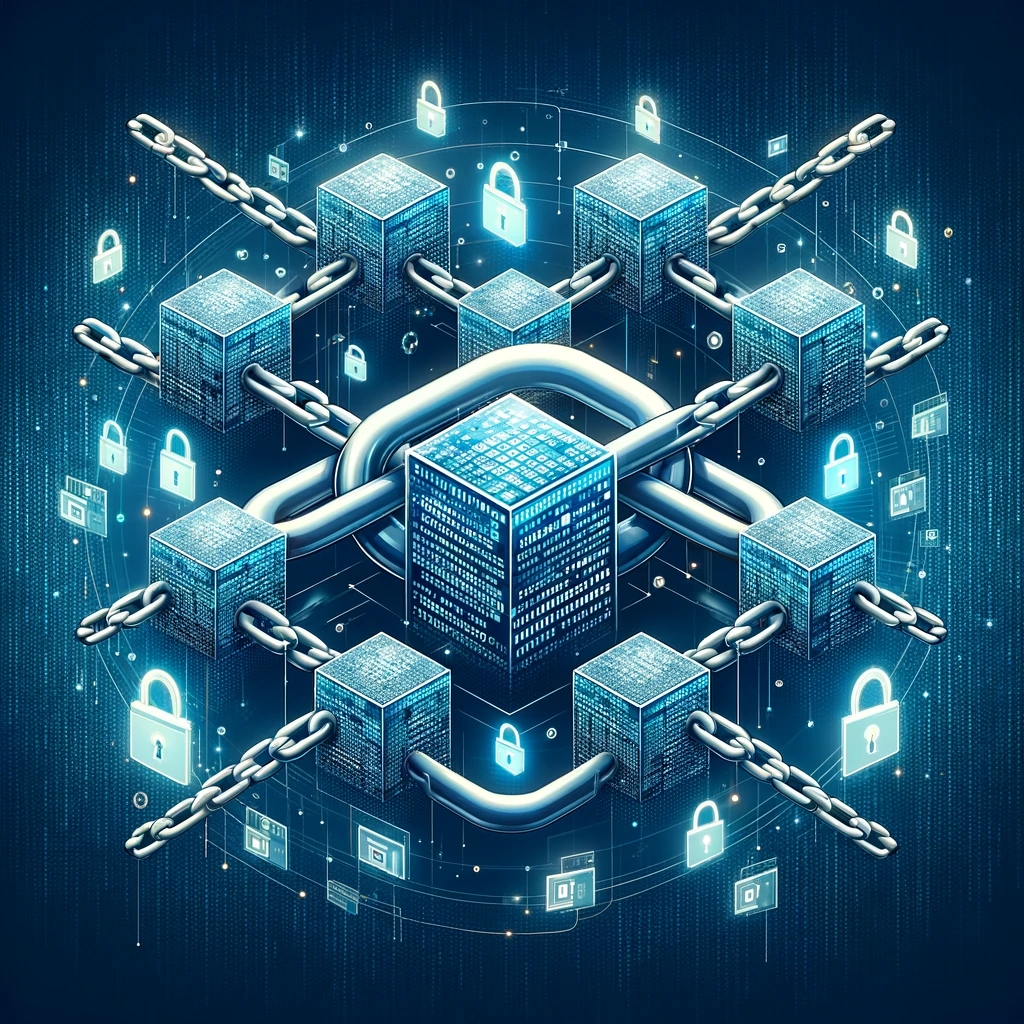Digital Insights Hub
Your source for the latest trends and insights in digital technology.
Blockchain: The Digital Ledger That Could Take Over Your Life
Discover how blockchain could revolutionize your daily life and reshape your digital future in ways you never imagined!
How Blockchain Works: A Simplified Guide to the Digital Ledger
Blockchain is a decentralized digital ledger technology that facilitates secure and transparent transactions across a network of computers. Each entry in a blockchain is called a block, which contains a list of transactions and is linked to the previous block, forming a chronological chain. This structure ensures that once a block is added, it cannot be altered or deleted, providing a permanent record of all transactions. The security of blockchain comes from its consensus algorithms, which allow participants in the network to agree on the validity of transactions, making it resistant to fraud and tampering.
The process of adding data to a blockchain involves several key steps:
- Transactions are initiated and collected into a block.
- Network participants, known as nodes, validate the transactions through cryptographic algorithms.
- Once validated, the new block is added to the existing chain, creating a secure and immutable record.
- This entire process is transparent and can be viewed by anyone, enhancing trust and accountability.

The Future of Blockchain: How It Could Transform Everyday Life
The future of blockchain technology holds immense potential to transform everyday life in profound ways. As a decentralized and transparent ledger system, blockchain can change how we manage data, conduct transactions, and even interact with one another. Imagine a world where financial transactions are instantaneous, secure, and free from intermediaries. Blockchain can streamline processes in various sectors including banking, supply chain management, and healthcare, reducing costs and eliminating fraud.
Beyond financial applications, blockchain could revolutionize our personal interactions and privacy. With innovations like self-sovereign identities, individuals could control their personal data, sharing it only when absolutely necessary. Additionally, smart contracts—self-executing contracts with the terms of the agreement directly written into code—can automate and enforce agreements in real-time. As these technologies mature, we may see a significant improvement in our daily transactions, from renting properties to buying groceries, all facilitated by a robust blockchain ecosystem that prioritizes security and efficiency.
Is Blockchain the Key to Better Security and Privacy in Your Digital Life?
In an era where digital interactions are ubiquitous, the need for enhanced security and privacy has never been more critical. Blockchain technology emerges as a promising solution, primarily because of its decentralization features. Unlike traditional databases that store information in a single location, blockchain distributes data across numerous nodes, making it significantly harder for hackers to manipulate or corrupt. This decentralized ledger system not only increases data security but also ensures that users maintain greater control over their personal information, thereby boosting privacy in the digital space.
Moreover, the use of blockchain can transform the way we authenticate and authorize transactions online. By employing cryptographic techniques, blockchain enhances the integrity of the data, ensuring that only authorized users can access sensitive information. This capability is particularly beneficial for industries like finance and healthcare, where data breaches can have dire consequences. Ultimately, as more individuals and organizations recognize the advantages of adopting this innovative technology, blockchain could very well be the key to a safer and more private digital life.